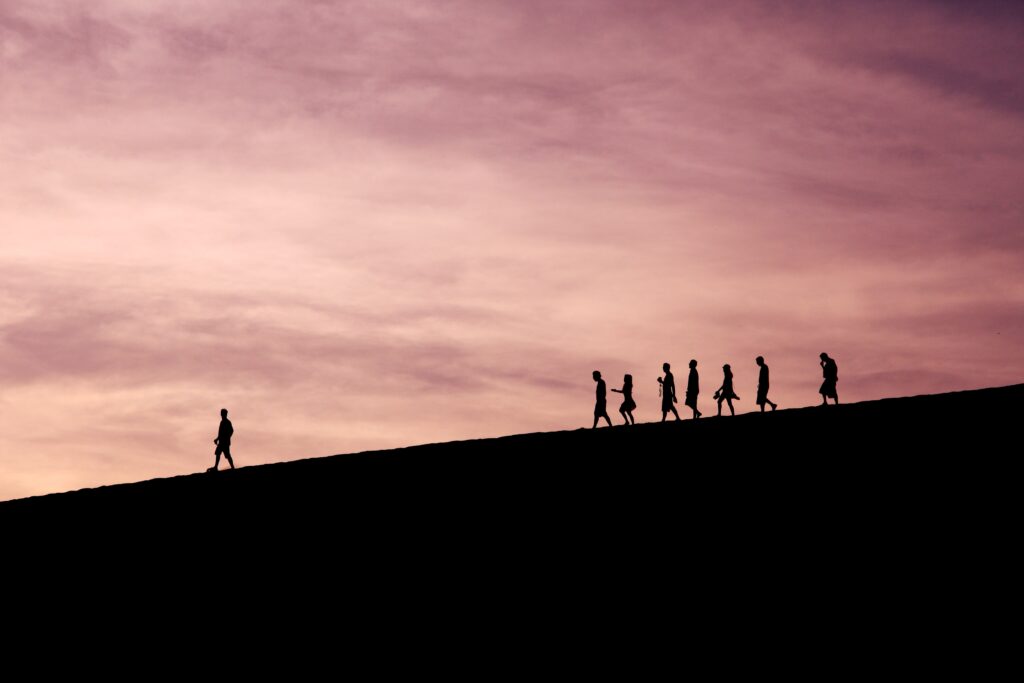Posts Tagged ‘Education’
Watch video: The framing and reframing of public policy in New Zealand
The way in which we describe any major social problem largely determines the kind of policy we eventually consider for dealing with it. In this webinar, Michael Hanne explores the ways in which two issues, Poverty and the Housing Crisis, are generally “framed” in public discussion in New Zealand. He offers critiques of that framing and asks how they might usefully be “reframed” in a socially more responsible way. He ends by inviting the audience to talk about other issues they feel need to be reframed.
Read MoreTamaki Campus
The built environment is the main cause of climate change. How we build determines not only how we use, or waste, resources. It also determines how we live, work, and need to travel. Even more importantly how we build determines our ability to make moral decisions. A disempowering built environment, in which everyone lives in someone else’s architecture, becomes a prison. The door is open, but the mortgage needs to be paid. An empowering built environment would allow owner‐builders to make moral choices about their own lives. The Auckland Unitary Plan is little more than a commitment to dramatically increasing climate change in the next thirty years. A consumer society consuming diminishing resources.
Read MoreOpportunities for Real Transition Leadership
Grant provides a perspective on the challenges facing engineering as it engages in the broader transition and climate adaptation process. He has identified a number of issues and gaps that engineers need to address. The Real Transition Leaders programme and community seeks to close these gaps, and Grant offers an overview of the programme.
Read More

